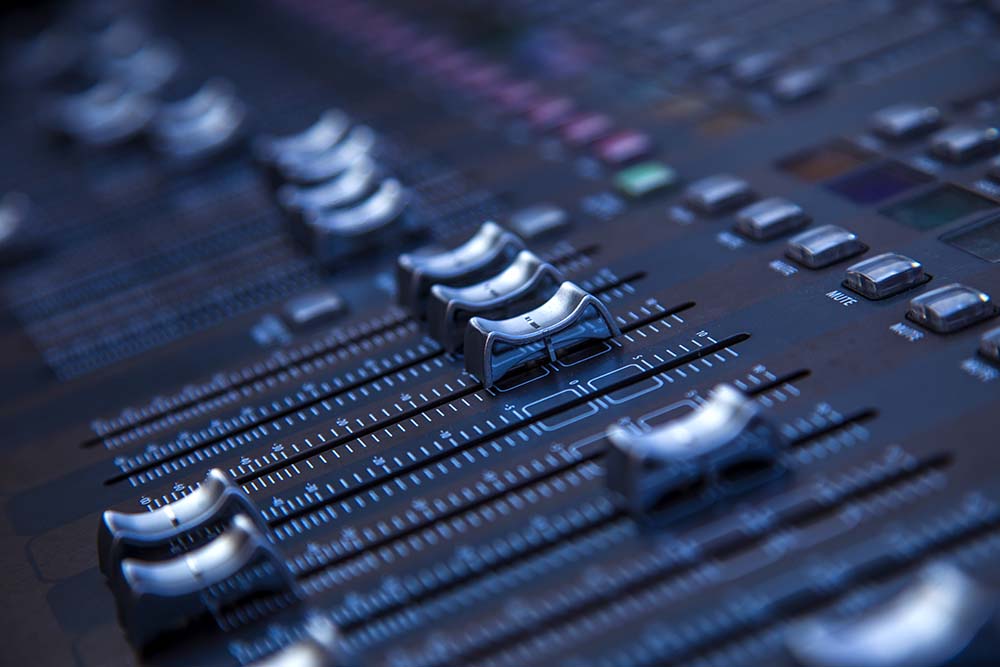Each song's eq might seem best by itself, but if you sequence them together, all of a sudden one song sounds too intense (or too dull ...). Suggestion # 1: keep in mind that any eq changes to your stereo mix impact the whole mix - if you desire to cut 3 db at 80Hz since your mix sounds muddy, keep in mind to inspect how that affects all the instruments (e.g. the vocal), not simply the bass guitar and kick drum. Compression: In mastering, this is used not simply to manage a mix or to add character, however also to "print" or send out as much level to the master as possible without clipping the signal.
Spacing & Crossfading.
Spacing: there are various approaches as to how one ought to approach the areas put in between tunes on a record. Final idea: you might be inclined to master the same recordings that you blended, whether it is for monetary reasons, innovative factors, or simply because you can. We highly advise that you get someone else to master your job.
Common locations of issue for a mastering engineer are: equalization (eq), compression, levels (volume) relative from one song to the next, and spacing between tunes. Or you might have 10 songs mixed by three various engineers in 5 different studios.
Each song's eq might appear perfect by itself, but if you sequence them together, all of a sudden one tune sounds too bright (or too dull ...). Suggestion # 1: keep in mind that any eq modifications to your stereo mix affect the whole mix - if you want to cut 3 db at 80Hz since your mix sounds muddy, keep in mind to check how that affects all the instruments (e.g. the vocal), not just the bass guitar and kick drum. Compression: In mastering, this is utilized not simply to control a mix or to add character, however also to "print" or send as much level Free Type Beat Hip Hop to the master as possible without clipping the signal.
